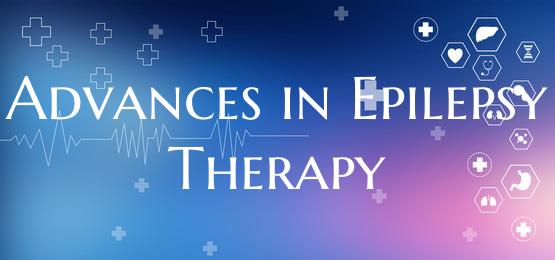
Advances in Epilepsy Therapy
Advances in epilepsy therapy have opened up new possibilities for managing the condition and improving the quality of life for individuals living with epilepsy. In recent years, researchers and scientists have made significant strides in understanding the underlying mechanisms of epilepsy, leading to the development of more effective treatment options. From innovative medications to cutting-edge devices, these advancements are revolutionizing the way epilepsy is treated and managed.
One of the most notable advancements in epilepsy therapy is the development of precision medications that target specific pathways in the brain to control seizures with fewer side effects. These antiepileptic drugs are tailored to individual patients based on their unique characteristics, such as the type of epilepsy they have and their response to previous treatments. This personalized approach has shown promising results in reducing seizure frequency and improving overall quality of life for many patients.
In addition to medications, advancements in medical devices have also played a key role in epilepsy therapy. Devices such as responsive neurostimulation systems and vagus nerve stimulators can help control seizures by modulating brain activity and interrupting epileptic discharges. These devices offer a new level of control and customization in epilepsy management, providing patients with additional options for treatment.
Furthermore, advances in non-invasive therapies, such as transcranial magnetic stimulation and ketogenic diet therapy, have shown effectiveness in reducing seizure frequency and improving seizure control. These alternative treatment options offer new possibilities for patients who may not respond well to traditional medications or who are looking for complementary therapies to augment their existing treatment regimen.
Overall, the advances in epilepsy therapy represent a significant step forward in the field of epilepsy treatment. By harnessing the power of precision medicine, medical devices, and alternative therapies, healthcare providers can now offer more targeted and personalized treatment options to patients with epilepsy. With ongoing research and innovation, the future holds even more promise for improving outcomes and quality of life for individuals living with epilepsy.